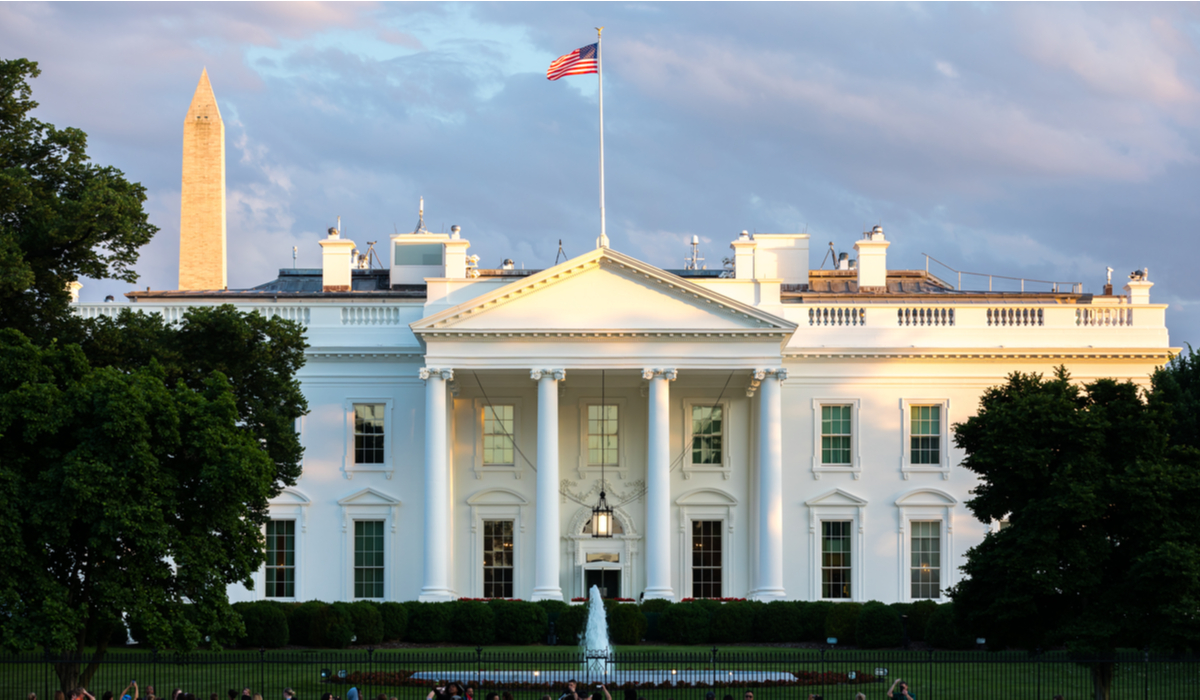Arizona Commission Proposes Elimination of Energy Efficiency Standards
Let's Save Energy
Alliance to Save Energy's Blog
Arizona Commission Proposes Elimination of Energy Efficiency Standards

The Arizona Corporation Commission (ACC) has proposed action that makes no economic, business or good policy sense. In a complete reversal of the consumer and business-friendly decision the ACC made in 2010, the Commission now is proposing to eliminate the state’s Energy Efficiency Standards [EES] — standards that have been delivering hundreds of millions of dollars in energy cost savings to Arizonans. The Alliance has submitted formal comments asking the ACC to maintain the state's efficiency standards, and the comment period is open for additional input until Tuesday, December 2.
Here’s the skinny: The EES require the state’s major electric utilities to reduce retail electricity sales by a small percentage each year in order to achieve 22 percent savings by 2020. (Similar standards govern natural gas sales, where savings in 2020 are pegged at a cumulative 6 percent). The EES have already shown themselves to be achievable and cost-effective. Indeed, analyzing reports from the state’s two largest utilities, the Southwest Energy Efficiency Project (SWEEP) has found that the standards saved Arizona’s consumers and businesses $540 million just for the three years 2011-2013. Sustained over a decade, investments in energy efficiency will provide benefits to Arizonans that are many, many times greater.
And the value of the EES extends far beyond lower utility bills. Continuing along the path laid out by the EES will save billions of gallons of water that would otherwise be needed to generate electricity. This economically reasonable policy also reduces emissions, thereby contributing to improved health for Arizonans from all walks of life.
Here’s our beef: Eliminating the EES would void all these cost and environmental benefits; adding insult to injury, such an economically irrational move also would eradicate good-paying jobs — by some estimates over 10,000 jobs that might have delivered the energy-efficiency benefits that Arizonans deserve.
Here’s the power of energy efficiency: It saves money, for consumers and utilities, because building power plants and their associated transmission & distribution infrastructure is significantly more expensive than employing proven methods to reduce electricity consumption (and that’s without any loss in comfort or quality of service). Even utilizing the most advanced natural gas turbines, the cost of a generating a unit of electricity is around double the cost of saving it. And that’s a nationwide average. Fact is, when it comes to saving electricity, Arizona’s utilities can do it more cheaply than their counterparts in most other states; according to one recent study by the Lawrence Berkeley National Laboratory, among 11 Western states, Arizona was the second least expensive in terms of the costs incurred by utilities to save electricity.
Here’s the bottom line: Considering all the factors in favor of the EES, it’s hard to figure why anybody with an eye for a dollar and a nose for good sense would oppose this sound policy. We’re not sure what the Commission is thinking — but if their interest is in serving the people and businesses in Arizona, they need to rethink their very bizarre decision to seek elimination of a proven policy for saving Arizonans money and water, creating jobs and enhancing the environment.
RECENT BLOG POSTS
STAY EMPOWERED
Help the Alliance advocate for policies to use energy more efficiently – supporting job creation, reduced emissions, and lower costs. Contact your member of Congress.
Energy efficiency is smart, nonpartisan, and practical. So are we. Our strength comes from an unparalleled group of Alliance Associates working collaboratively under the Alliance umbrella to pave the way for energy efficiency gains.
The power of efficiency is in your hands. Supporting the Alliance means supporting a vision for using energy more productively to achieve economic growth, a cleaner environment, and greater energy security, affordability, and reliability.



